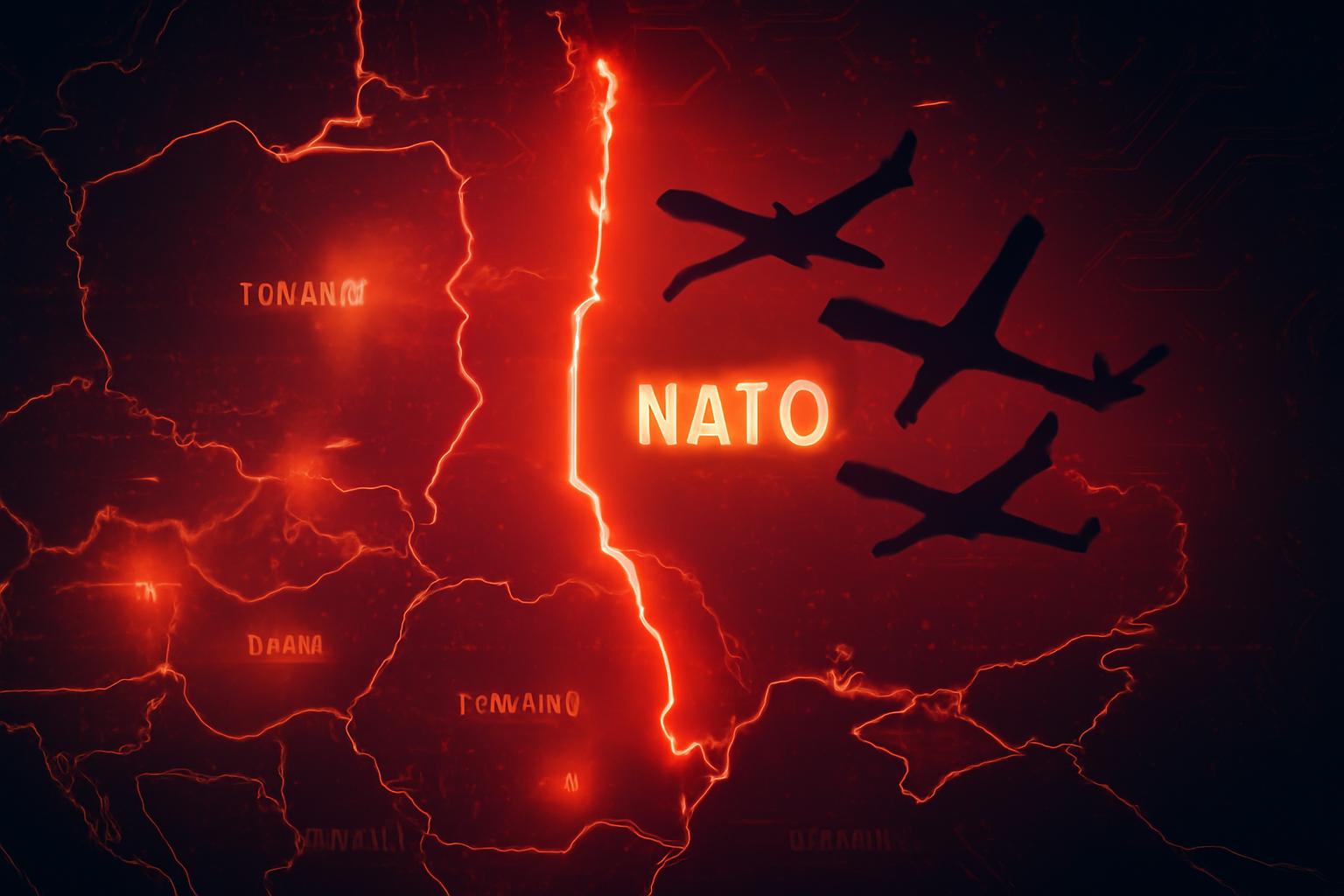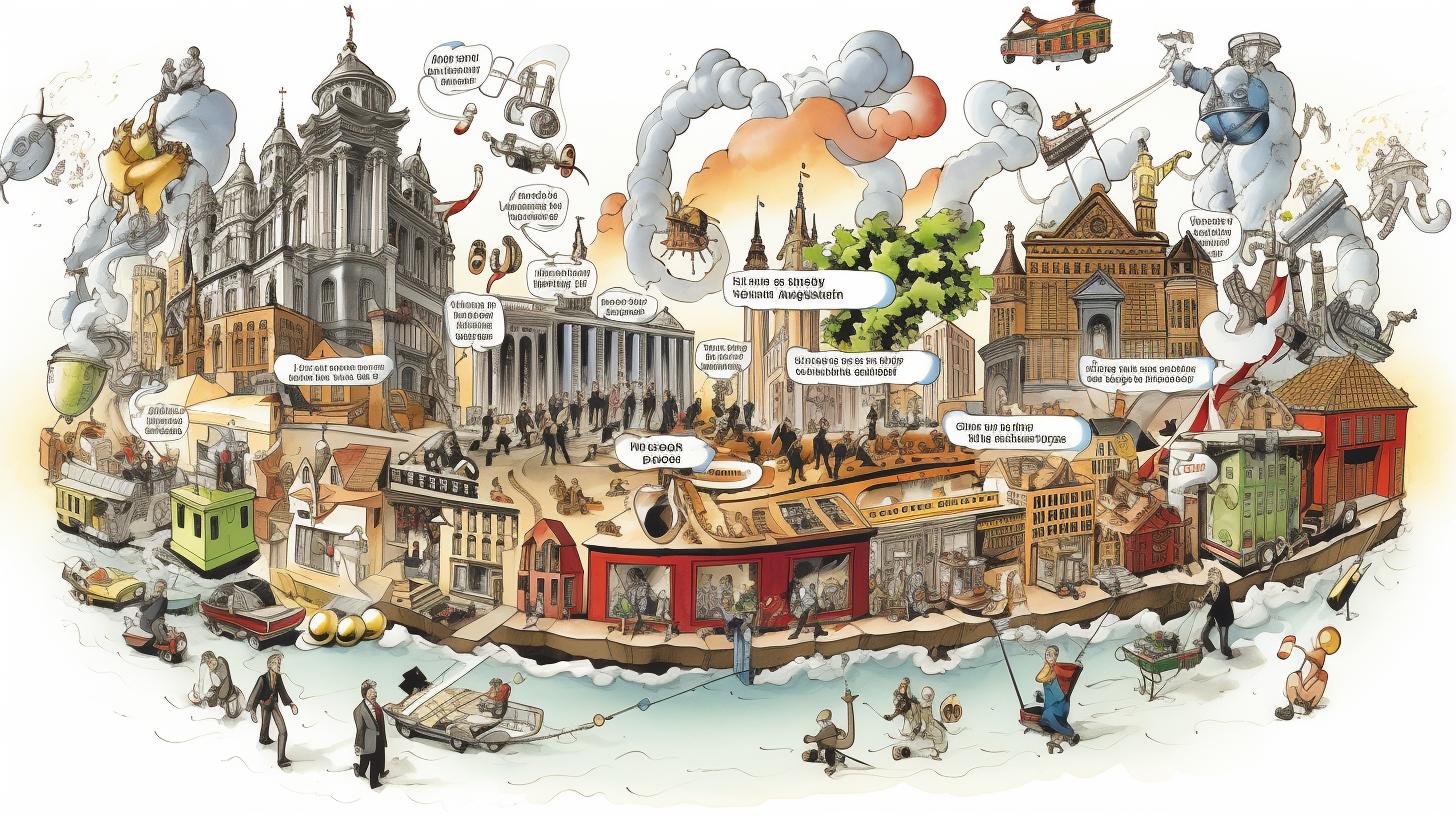Russia’s Drone Incursion Challenges NATO and EU Security
In a significant escalation, Russia deployed 19 drones into Polish airspace early Wednesday, prompting Poland and NATO to scramble aircraft to intercept the unmanned vehicles. This marks the first such violation since Russia’s full-scale invasion of Ukraine, raising urgent concerns over alliance readiness.
Russia’s Defense Ministry denied intentions to attack Polish targets, yet Warsaw and its Western allies condemned the action as a deliberate provocation. Italian Foreign Minister Antonio Tajani suggested that new economic sanctions against Moscow may be necessary to compel Russian President Vladimir Putin to negotiate an end to the war. The European Union is reportedly finalizing its 19th sanctions package targeting Russia, with European Commission President Ursula von der Leyen emphasizing accelerated efforts to eliminate Russian fossil fuel imports and clamp down on Moscow’s shadow oil shipping operations.
Mixed Reactions and Calls for Enhanced Defenses
U.S. President Donald Trump responded ambiguously to the drone incursion, posting on social media: “What’s with Russia violating Poland’s airspace with drones? Here we go!” without further elaboration. Trump has previously advocated for imposing tariffs on China and India for their purchases of Russian oil, aiming to cut funding to Putin’s military campaign.
Experts emphasize the need for improved air defense systems. Guntram Wolff, senior fellow at Brussels-based think tank Bruegel, highlighted the urgency of establishing a ‘drone wall’—a layered air defense network using unmanned vehicles to protect Eastern Europe’s airspace. Lithuania’s Defense Commissioner Andrius Kubilius echoed this, calling it the EU’s “most important common flagship project.”
Wolff pointed out the current mismatch in defense capabilities, noting that expensive fighter jets like the F-35 were deployed to shoot down relatively low-cost drones, underscoring Europe’s vulnerability to sustained drone attacks, especially amid reported cuts to U.S. security funding for European forces.
Poland’s Strategic Position and NATO’s Response
Poland, bordering Ukraine and a staunch supporter of Kyiv, is one of NATO’s highest military spenders relative to GDP, with a forecasted defense expenditure of 4.1% in 2024. NATO Secretary General Mark Rutte praised the swift response to the incursion, affirming the alliance’s capability to defend its territory and airspace.
However, the political ramifications are profound. Polish Prime Minister Donald Tusk described the incident as bringing Europe closer to open conflict than at any time since World War II, framing it as a direct confrontation declared by Russia against the free world. Warsaw has called for an emergency United Nations Security Council meeting to address the airspace violation.
Strategic Implications and the Path Forward
Former U.S. Deputy Secretary of Defense Ian Brzezinski characterized the drone barrage as a deliberate attempt by Russia to provoke Poland and test NATO’s cohesion. He warned that without a robust Western response, Putin achieves a strategic advantage. Brzezinski urged NATO and allies to reinforce deterrence through decisive measures, including imposing stringent sanctions to severely impact the Russian economy.
While NATO remains committed to avoiding direct conflict with Russia, this drone incursion signifies a critical juncture. The alliance and the EU face mounting pressure to enhance defense capabilities, tighten economic measures, and maintain unity amid escalating tensions along Europe’s eastern frontier.
FinOracleAI — Market View
The drone incursion into Polish airspace signals elevated geopolitical risk in Eastern Europe, likely sustaining market volatility in the near term. Heightened tensions may prompt further defense spending by NATO members and accelerate EU sanctions, potentially impacting energy markets due to intensified fossil fuel embargoes on Russia.
Risks include escalation into broader conflict or retaliatory actions from Moscow, which could disrupt energy supplies and global trade. Investors should monitor NATO’s strategic responses and EU sanction developments closely, as these will shape regional stability and commodity price dynamics.
Impact: negative













